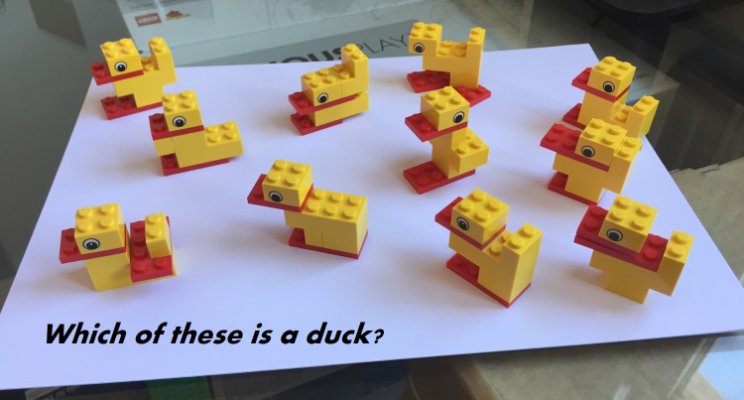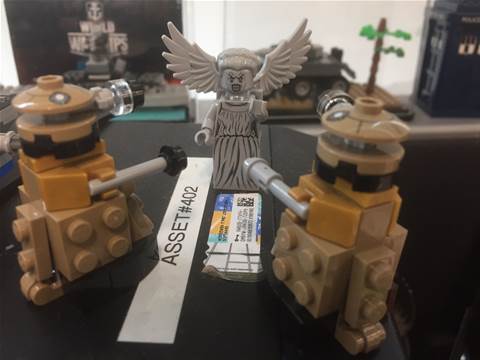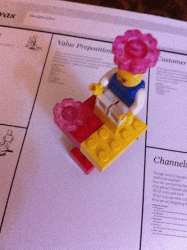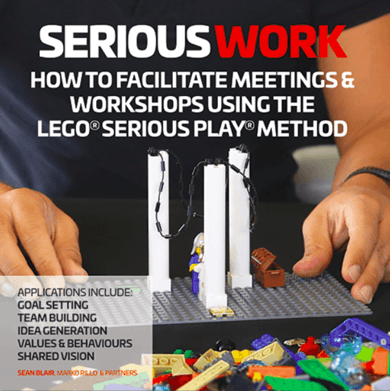This post first appeared via LinkedIn Pulse here
True story: a digital exec was talking to an HR exec about development needs. It took a couple of minutes before they realised that one was talking about coding and the other about learning.
A long time ago I was a journalist. A media trade press journalist, initially – in 1987 – working for an FT Newsletters publication called New Media Markets. If 1987 seems quite early to be working on a “new media” title – Tim Berners-Lee invented the WWW only in 1989 – that’s because “New Media” then referred to cable and satellite television.
As a journalist, words have a certain power – to communicate ideas, to explain, to persuade. But used lazily they also have the power to mislead, to confuse, to shroud ideas.
In the world of Digital Transformation, words seem often to be playing the latter role and slowing down established businesses in doing what they need to do – in three distinct ways.
Most obviously is the amount of constantly shifting technical jargon that makes most people think that digital is another world where you need to practice some kind of black art to survive. It encourages the view that if you are not ‘digital’, then you should leave it to the youngsters. It’s difficult to avoid because new things are constantly being invented and they need words that the relevant people can use to talk to each other. But can also be an excuse for senior executives not to engage in a fundamental shift in their business. So, it plays to laziness.
The second way words confuse is through differing uses of the same words in different organisational silos which increasingly need to work together to deliver transformation.
This is not just a digital problem. I see this all the time when delivering LEGO® Serious Play® workshops where people build out models of the concepts they want to explain. When I describe something, I have a picture of it my mind; but your picture may be very different*. We rarely have the time to properly understand each other’s different understanding of the concepts behind words – so can set off in different directions having thought we all agreed.
In digital transformation, where everything is new and evolving and with so many moving parts constantly in flux, this is a more acute problem: I was fortunate to witness a Digital executive and an HR executive talk for (I think) just under three minutes about ‘development’ needs before they realised that one was talking about training and the other about coding. (This is one of many reasons (although probably number three or four on the list) why Transform and Roffey Park are collaborating to bring HR and Digital people together in October to understand how they can help each other move to the next level of Digital Transformation).
There is a real need in established organisations with established organisational silos, each with their established understanding of what words mean to take the time to understand the meaning of the words they use and ensure they are aligned.
But possibly the most interesting way that words influence us is in their hidden meanings; meanings which can be emotional and personal – and therefore different from individual to individual. For example, I’ve had a number of conversations and read a number of articles this year about the use of the word “Transformation”.
It’s true that the many organisations need to make changes, the outcome of which would mean that their organisations would be completely different – transformed, even. But is the transformation a thing to do; or an outcome? It’s possible that the word isn’t helpful; that it’s a reason not to engage and make change happen.
I’ve heard several reasons why this might be the case:
- Because it’s a label, leaders want to find a ‘right way’ to do it. They look for some help to ‘do’ Transformation to the organisation rather than seeing it as an outcome of doing the right things.
- Because it’s a buzzword which lacks specific meaning, leaders can be sceptical of it being the next new ‘shiny thing’. Sounds cool and exciting, but will it last? Can we really justify the pain of massive, probably painful and risky change?
- Because it’s a BIG THING, leaders can be nervous about embarking on it or hand it over to a ‘specialist’ which can become a new silo – an excuse not to engage.
But let’s say we expand the words to a more precise idea that describes the need to adapt your business to a world in which digital technology is changing the way customers want to interact with you; where the transformation is the result of doing the things you need to do across the business to adapt to these changes. Would it then be easier to talk about how to use digital technology to solve business problems, create better products, provide a better or service for customers or reduce costs?
Words really do matter because they are shorthand for ideas and we may all hold different understanding of those ideas in our heads.
At a time of change, getting beyond words as convenient labels and knowing when to pause and ensure a proper two-way communication of the underlying idea behind the words is vital.
* the picture with this article is from a LEGO® Serious Play® workshop. The participants were all given the same six pieces of LEGO® and asked to build a duck. If, with such a simple instruction about a well understood concept, we all build something different, what likelihood is that we will all have the same understanding of ‘customer centricity’, or ‘Agile development’ or ‘digital marketing’?
This post also appears on Transform’s website: www.transformuk.com









 Become a LEGO Serious Play facilitator - check one of the upcoming training events!
Become a LEGO Serious Play facilitator - check one of the upcoming training events!